n-Pentane shows high volatility as a solvent with a low boiling point, making it useful for many applications where rapid evaporation is necessary. Also, the molecular structure makes it an excellent choice for extracting compounds insoluble in water. Normal pentane does not contain pentane isomers making it the most pure and stable option.
One of the primary uses of high purity n-pentane includes producing polystyrene foam, which is used in packaging, insulation, and other applications. Additionally, it is used as a solvent in the pharmaceutical industry for extracting and purifying active compounds from natural sources. In addition, n-pentane is used to manufacture aerosol sprays, coatings, and adhesives.
As a matter of fact, another critical application of n-pentane is in the energy industry. Thus, it is used as a fuel in some types of internal combustion engines and in the production of rocket fuel. Further, its low boiling point and high volatility make it an ideal component for these applications.
n-pentane is also popular for cleaning electronic components due to its fast-drying and non-conductive properties. Furthermore, n-pentane is used in the laboratory as a solvent for chromatography and other separation techniques.
Overall, whether you're in the pharmaceutical industry, energy industry, or any other industry that requires a versatile and practical solvent, n-pentane is an excellent choice. Undeniably, it's low boiling point, high volatility, and non-conductive properties make it ideal for various applications.
Synthesis of Polymers: N pentane is essential in producing durable and flexible materials like polyethylene. As a reactive diluent during polymerization, its ability to maintain viscosity control ensures optimal performance of the finished polymer product.
Solvent Purification: N pentane's excellent solvent properties enable it to successfully purify solvents such as hexanes for laboratory experiments and research, ensuring optimal purity while increasing the accuracy of laboratory experiments and research. With its low boiling point and high volatility properties, n-pentane makes an ideal choice for solvent extraction and recovery processes.
Resin Production: N pentane is an integral ingredient for producing synthetic resins with superior adhesion properties and bond strength, making them suitable for demanding industrial applications. Due to its unique solvency properties, N-pentane has resins with exceptional bond strength and resistance - an asset, especially when combined with adhesives or coatings featuring superior bond strength. Its solvency also facilitates producing adhesives and coatings with excellent adhesion properties, which enable outstanding bond strength/resistance characteristics - ideal for applications that demand strength/resistance characteristics.
Fatty Acid Analysis: Normal pentane is a powerful solvent, enabling precise analysis of fatty acids in food samples. Due to its ability to selectively dissolve only compounds containing fats, such as those derived from plants, its use accurately determines nutritional content. It complies with food safety and quality control standards.
Electronics Cleaning: N pentane's remarkable cleaning properties make it the ideal solvent for safely removing contaminants from electronic components, including delicate computer chips and circuit boards. With low surface tension and high purity levels, its effective cleansing ensures no residue remains afterward and ensures optimal performance and reliability of devices.
Aerosol Manufacturing: N-pentane, such as hairspray and insect repellent, is essential in aerosol product manufacturing. Thanks to its low boiling point and exceptional solvency properties, the formulation of aerosol products with uniform dispersion allows users to get desired performance efficiently with ease of use.
Pharmaceutical Production: N-pentane, such as antibiotics and anti-fungals, is used extensively in pharmaceutical production. Its high purity and compatibility with active pharmaceutical ingredients form an integral component in drug formulation to ensure quality, stability, and efficacy in these critical medications.
Protein Extraction: n-pentane is an invaluable tool for extracting and purifying proteins from biological samples, with its ability to selectively precipitate without denaturation allowing researchers to study their structure, function, and potential applications in fields like biotechnology and pharmaceutical research.
Polymer Analysis: Researchers and quality control analysts frequently employ N-pentane to analyze polymers and assess their properties. Due to its ability to dissolve various polymers, N-pentane facilitates different techniques like gel permeation chromatography (GPC) and infrared spectroscopy, giving invaluable insight into properties, performance, and suitability for specific applications.
Foam Production: By serving as a blowing agent, n-pentane facilitates the creation of polyurethane foam materials such as insulation or cushions with excellent thermal and mechanical properties. Controlled evaporation during foam formation ensures expansion of the polymer matrix during the formation process for increased production of insulation or cushions made with foam materials.
Paints and Coatings: N-pentane is integral to paints, varnishes, and coatings formulation. Its ability to dissolve resins, pigments, and additives ensures good solvency, smooth application, and durable finishes while contributing to desired rheological properties such as drying time and film formation characteristics for final coating products.
Fragrance and Flavor Extraction: N-pentane can help extract essential oils and aromatic compounds from plants with its low boiling point and ability to selectively remove volatile compounds, making possible the creation of fragrances, flavors, and aromatherapy products with authentic aroma and taste from the source material.
Experience cost-effective solutions for your industrial requirements with our Wholesale n-Pentane. As a leading supplier, Simple Solvents offers bulk quantities of this high-purity solvent, ensuring consistent quality for large-scale operations. Ideal for industries such as manufacturing, laboratories, and more, our Wholesale n-Pentane is the choice for those seeking reliability and affordability.
n-Pentane has no regulations to purchase outside of compliance with DOT shipping & complying with your local fire marshal and your commercial insurance policies.
Disclaimer: When purchasing Class 3 hazardous materials, exercise caution due to the presence of flammable vapors. Always ground containers and packaging before use. Ensure proper ventilation to mitigate risks.
Note that some solvents are more volatile than others, so wear appropriate personal protective equipment (PPE). Consult with your fire marshal and commercial insurance provider for safety guidance & usage and storage limit approvals.
These products should be used as intended and in no other unapproved ways. In case of emergency, follow instructions listed on the Safety Data Sheet provided with your order.
All shipping is compliant with DOT regulations for hazardous materials. Quantities over 50 gallons must deliver to a commercial address.
Purchasers must be 21 years of age or older. All orders require signature upon delivery.
n-Pentane Education & Blogs
N-Heptane vs N-Pentane
-
By
Brandon Bahr
Benefits of Heptane vs. Hexane vs. Pentane
-
By
Brandon Bahr
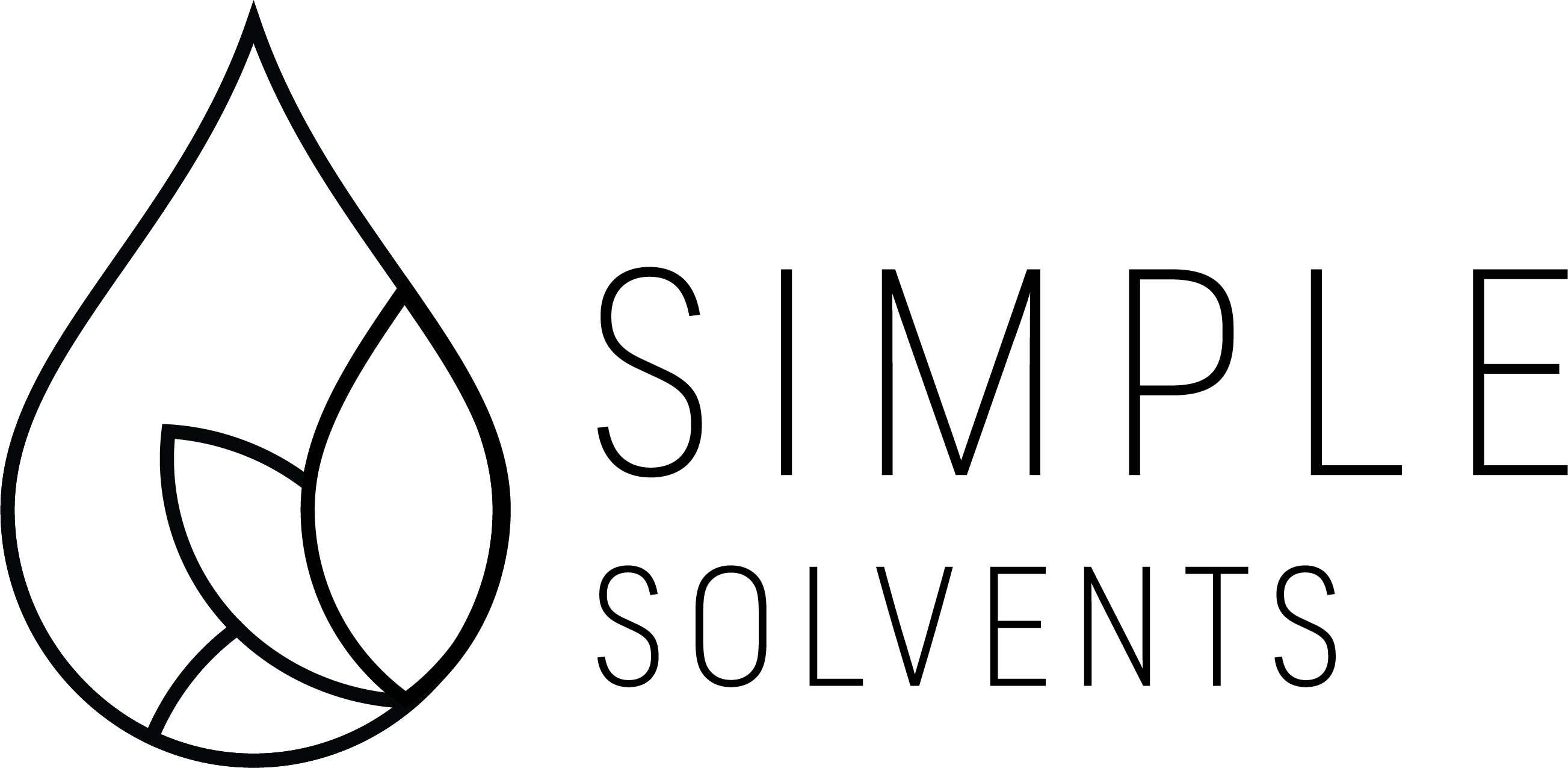
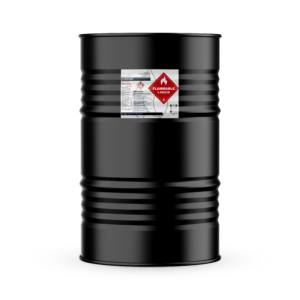
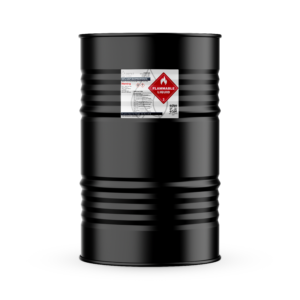
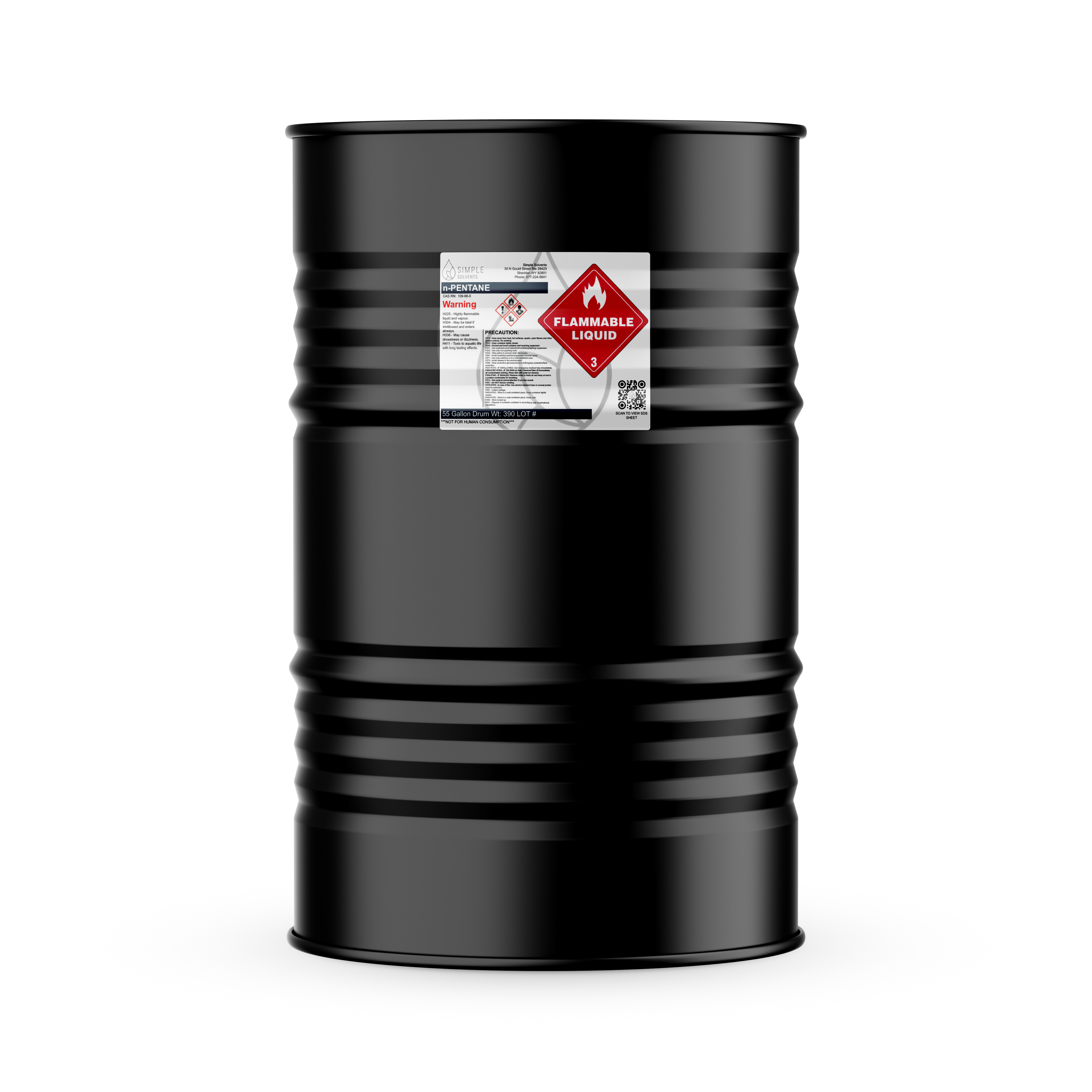


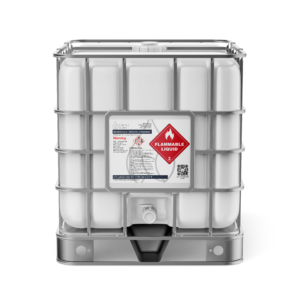
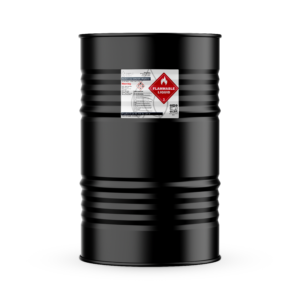
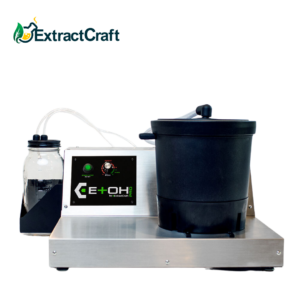
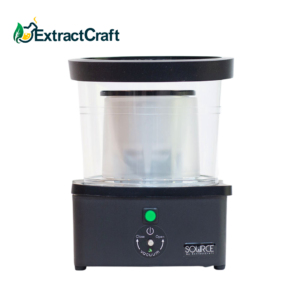
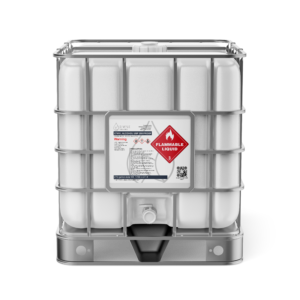
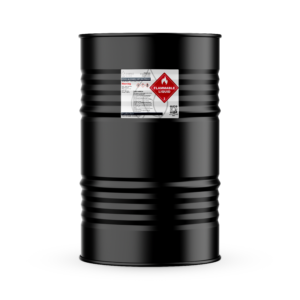
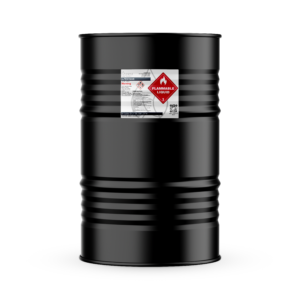
Reviews
Clear filtersThere are no reviews yet.